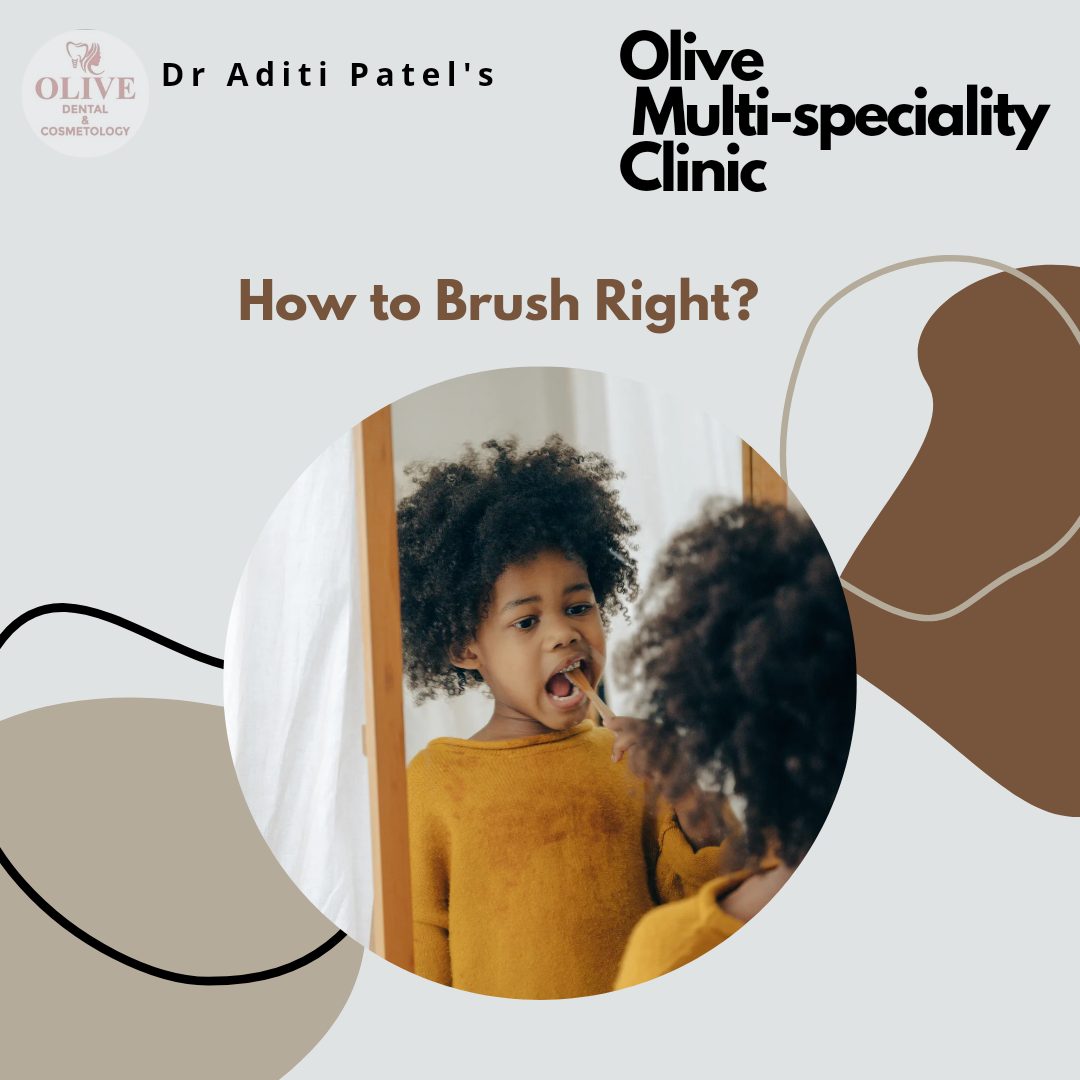+918048032252

This is your website preview.
Currently it only shows your basic business info. Start adding relevant business details such as description, images and products or services to gain your customers attention by using Boost 360 android app / iOS App / web portal.
How Often Should You Brush Your Teeth? The Simp...

How Often Should You Brush Your Teeth? The Simple Answer You Need! Brushing your teeth might seem like a simple task, but did you know that how often you brush them is just as important as how well you brush them? Let’s dive into why brushing your teeth regularly is so important, and how often you should be doing it! Why Is Brushing Your Teeth Important? Brushing your teeth helps remove food particles and plaque—a sticky film of bacteria that can cause cavities, gum disease, and bad breath. Plaque can harden into tartar, which only a dentist can remove. Regular brushing helps keep your teeth strong, your gums healthy, and your smile bright! According to the American Dental Association (ADA), brushing helps prevent plaque build-up and reduces the risk of cavities and gum disease (American Dental Association, 2020). A clean mouth also reduces the chances of developing more serious dental issues, such as tooth decay or gingivitis (the early stage of gum disease). How Often Should You Brush? The answer is simple: Twice a day! 1. Morning: Brushing your teeth in the morning after breakfast helps remove the germs and plaque that build up overnight. It also freshens your breath for the day ahead! Research published in the Journal of Clinical Periodontology shows that brushing your teeth in the morning helps reduce bacterial growth and plaque build-up (Berman et al., 2016). 2. Night: Brushing before bed is even more important. After eating throughout the day, food particles and plaque can stick to your teeth. Brushing at night removes all that build-up and helps prevent cavities while you sleep. Studies have shown that brushing before bed is critical in preventing plaque accumulation and reducing the risk of tooth decay (Kressin et al., 2013). What Happens If You Don’t Brush Enough? If you don’t brush at least twice a day, your teeth may start to feel sticky and look dull. Plaque can turn into tartar, which causes tooth decay. You might also start to notice your gums becoming swollen or bleeding when you brush, which could be a sign of gum disease. Worst of all, not brushing regularly can lead to bad breath! According to the National Institute of Dental and Craniofacial Research (NIDCR), poor oral hygiene is the leading cause of gum disease, and brushing twice a day can significantly reduce the risk of developing it (NIDCR, 2021). How Should You Brush Your Teeth? - Use a good toothbrush with soft bristles. Electric toothbrushes can be even more effective at removing plaque! - Brush for 2 minutes each time—this gives you enough time to clean all surfaces of your teeth. The British Dental Journal suggests that brushing for 2 minutes helps effectively remove plaque and prevent gum disease (Jones et al., 2019). - Use fluoride toothpaste—it helps protect your teeth from cavities. Fluoride has been shown to strengthen tooth enamel and reduce tooth decay (Featherstone, 2000). - Don’t forget to brush your tongue to remove bacteria and keep your breath fresh! Bonus Tip: Don’t Forget to Floss! Brushing alone isn’t enough to keep your teeth completely clean. Flossing helps remove food and plaque from between your teeth, where your toothbrush can’t reach. The ADA recommends flossing once a day to keep your teeth in the best condition (American Dental Association, 2020). Conclusion Brushing your teeth twice a day—once in the morning and once before bed—is the key to a healthy, bright smile. It’s a simple habit that can help you avoid cavities, gum disease, and bad breath. Make sure to brush and floss regularly to keep your teeth and gums in the best shape possible! So, grab your toothbrush, and start brushing—your smile will thank you! If you have any questions about brushing or need help with your oral care routine, don't hesitate to ask your dentist. They’re always happy to help!

